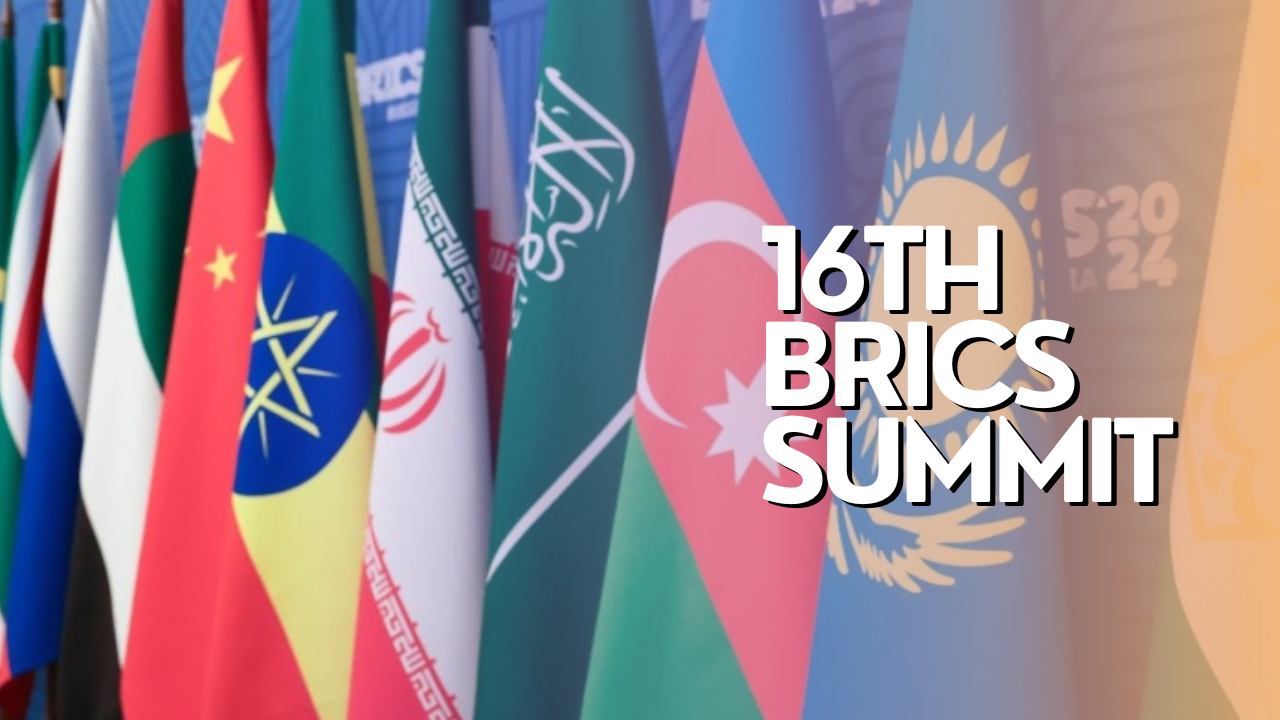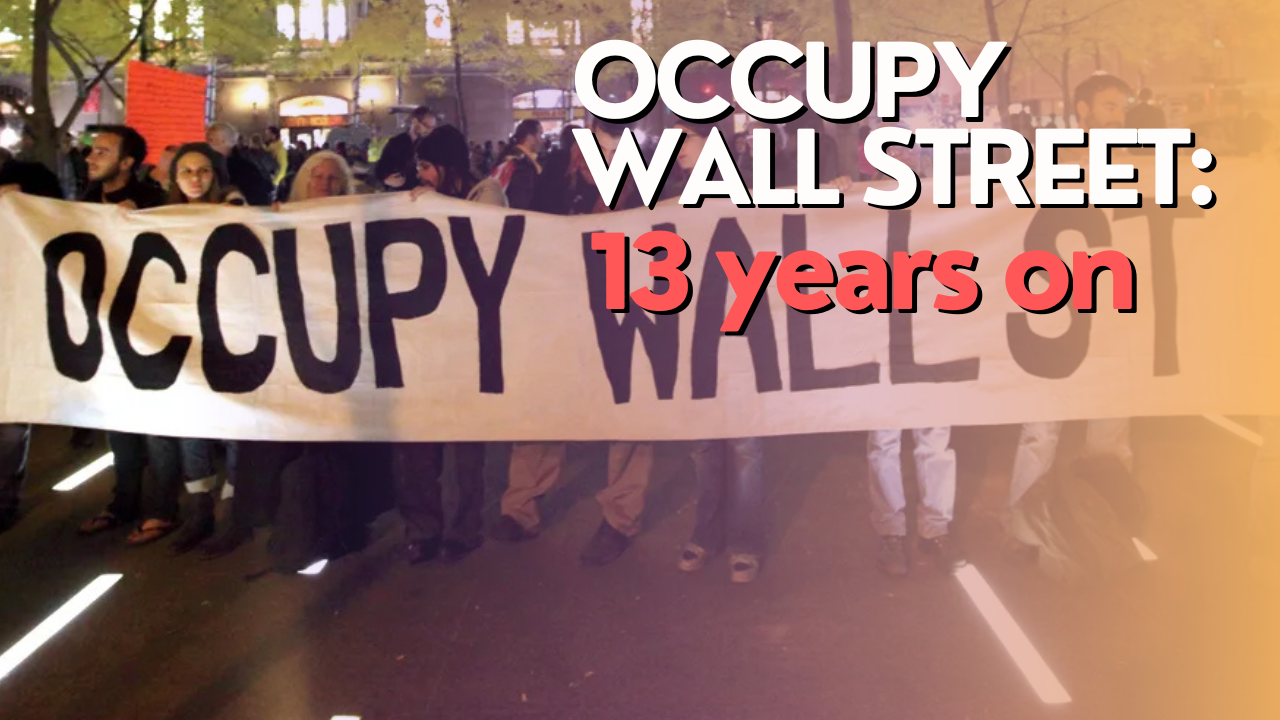Brazil's indigenous people land rights
It is their ancestral land, passed on from generation to generation, its been under threat. In some cases, it has cost their lives. Such is the fate of the Indigenous Brazilians and their land. Corporations have also exploited their land.
The land makes up nearly zero-point-five percent of the South American country’s 200-million-strong population. Over the past century, almost all their land has been stolen from them and turned into vast networks of cattle ranches, soya fields and sugar cane plantations.
Today only about thirteen percent of Brazil is demarcated indigenous areas and nearly all of this reserved land is located in the Amazon. And indigenous tribes are pointing the finger of blame at the government, accusing it of being behind the land grabs.
The full demarcation of indigenous lands was guaranteed under Brazil’s 1988 constitution, but the government has been sitting on the project. Now the government of Michel Temer is moving to approve plans to halt the demarcation process altogether.
Brazilian lawmakers have for 15 years been discussing a proposed amendment to the constitution called PEC 215. If signed into law, the measure would give the Brazilian congress the exclusive power to demarcate indigenous territories. While the expansion of indigenous areas would be prohibited, Congress would also be tasked with the ratification of land already approved. That said, indigenous Brazilians have been protesting against the scheme which could put their very existence in jeopardy.
This is where the powerful agribusiness lobby comes in. It is pushing forward measures to dramatically slash the size of conservation units in the eastern Amazon. The dismembered portions of the conservation units would be re-designated as areas of environmental protection where private land ownership, agriculture and forest clearing is allowed. And who will benefit? Wealthy agribusiness ranchers and farmers. they are likely to benefit significantly from the shift. And true to form, indigenous Brazilians will be the real losers.
Lebanon army says Israeli attack kills two soldiers in south
Iran launches renovation project at its main oil export terminal
Trump's re-election will not affect Iran-China strategic ties: Leader’s aide
VIDEO | Jordan hunger strikers demand resumption of Gaza aid distribution
VIDEO | Activists: Amsterdam violence highlights Western hypocrisy
VIDEO | Yemeni forces conduct new drone strikes on Eilat
Cultural experts urge UN to shield Lebanon’s heritage against Israeli attacks
Iran's defense chief vows to continue support for Syria, resistance front









 This makes it easy to access the Press TV website
This makes it easy to access the Press TV website